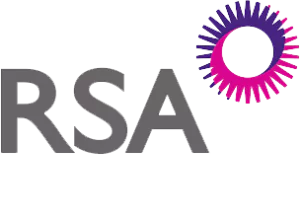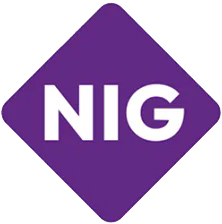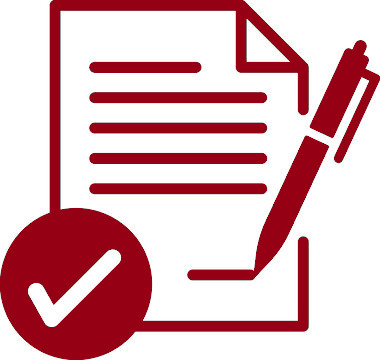Factory warehouses represent the backbone of modern supply chains, combining manufacturing capabilities with extensive storage …
Factory Export Insurance: Protecting Your International Manufacturing Business
When your factory produces goods for international markets, you're not just dealing with domestic business risks – you're entering a compl…


 0330 127 2333
0330 127 2333








